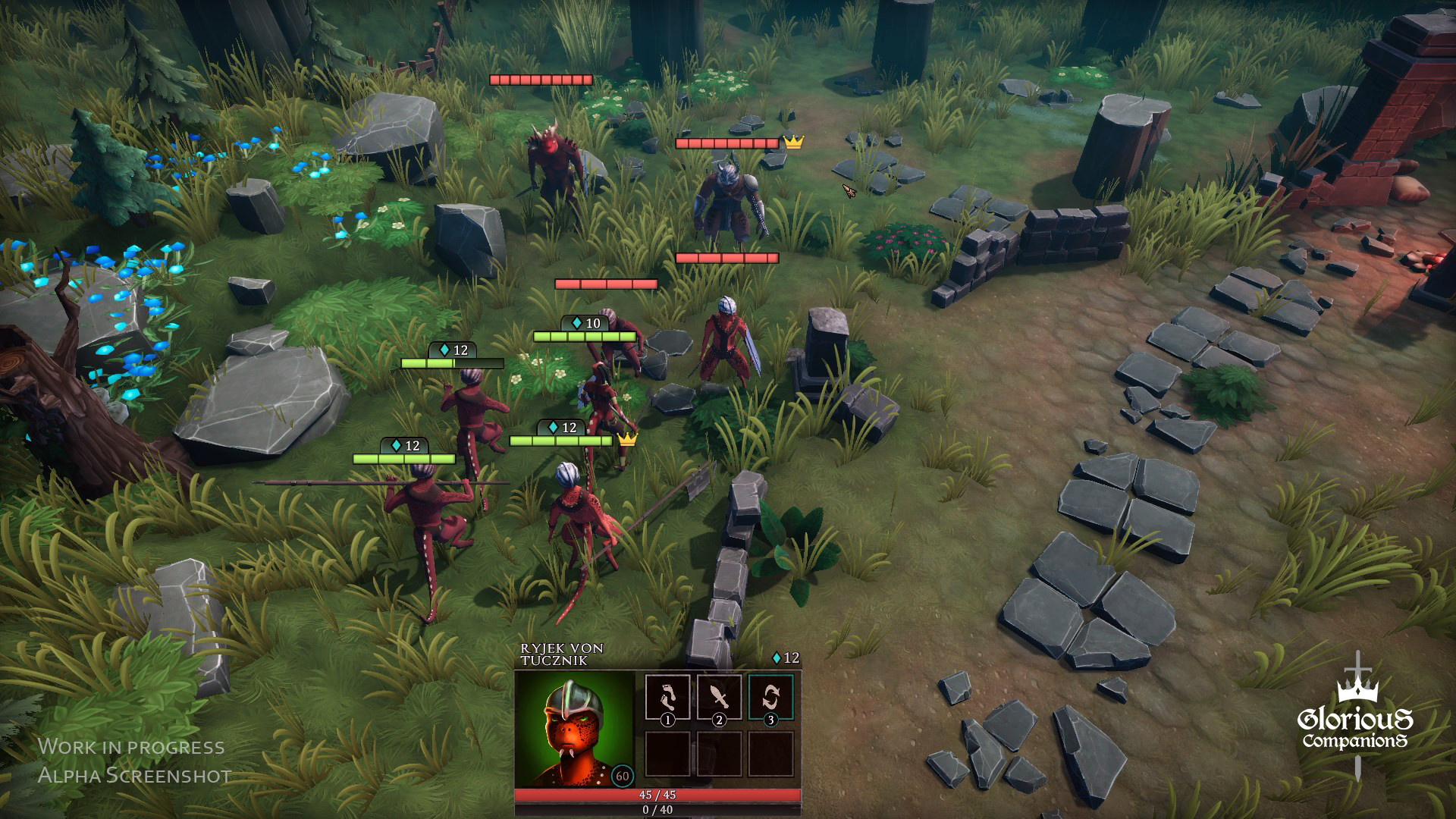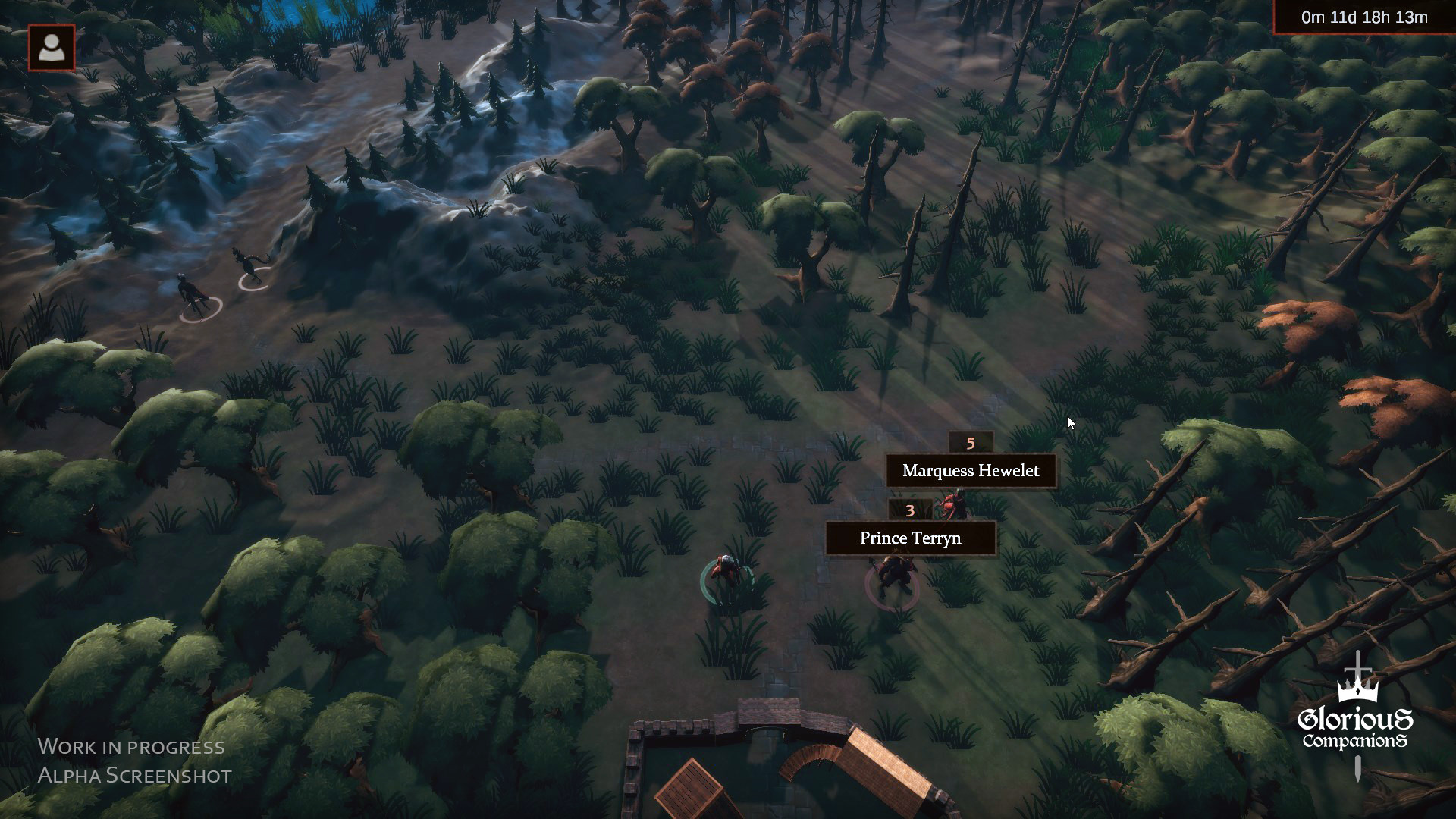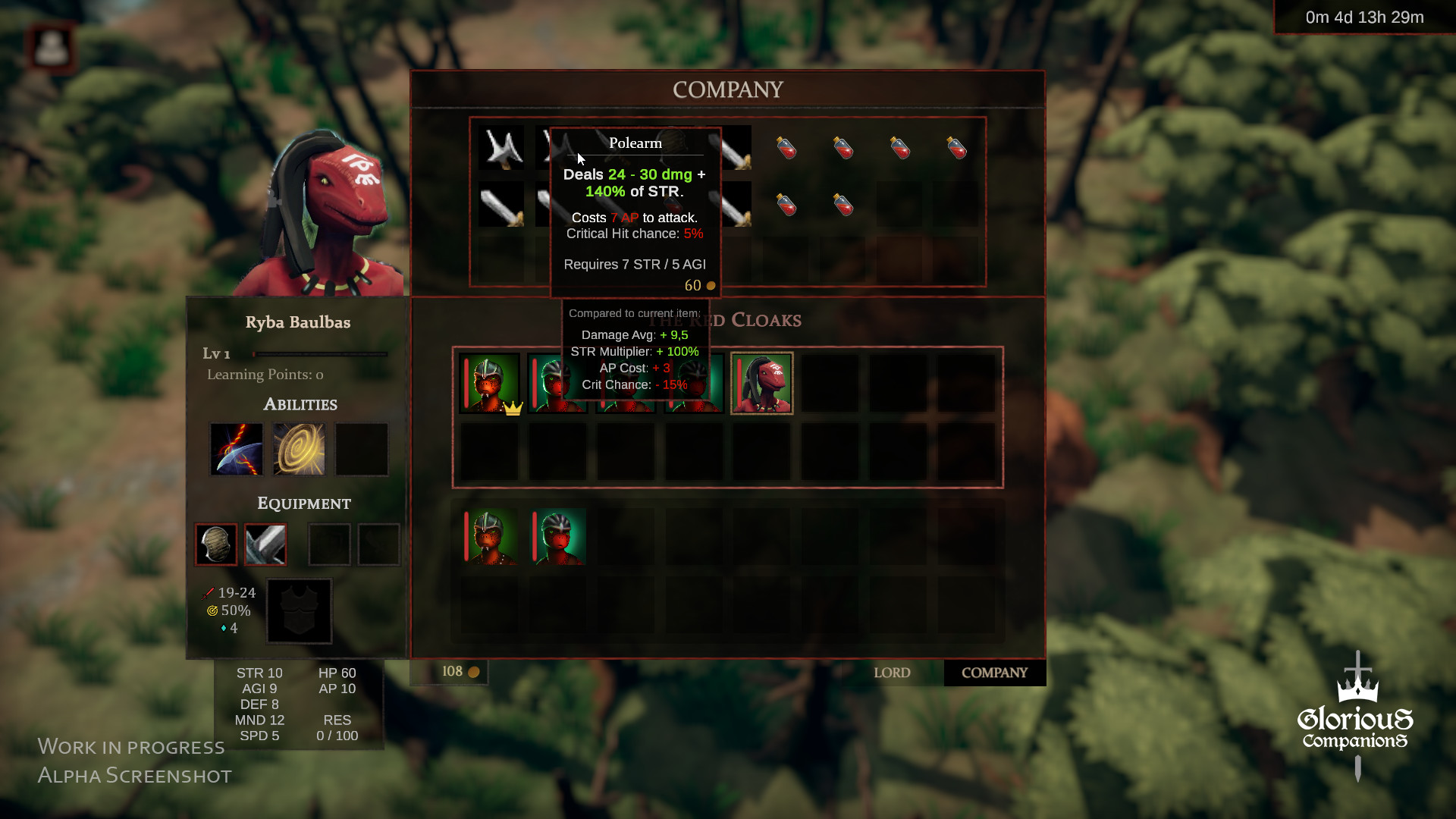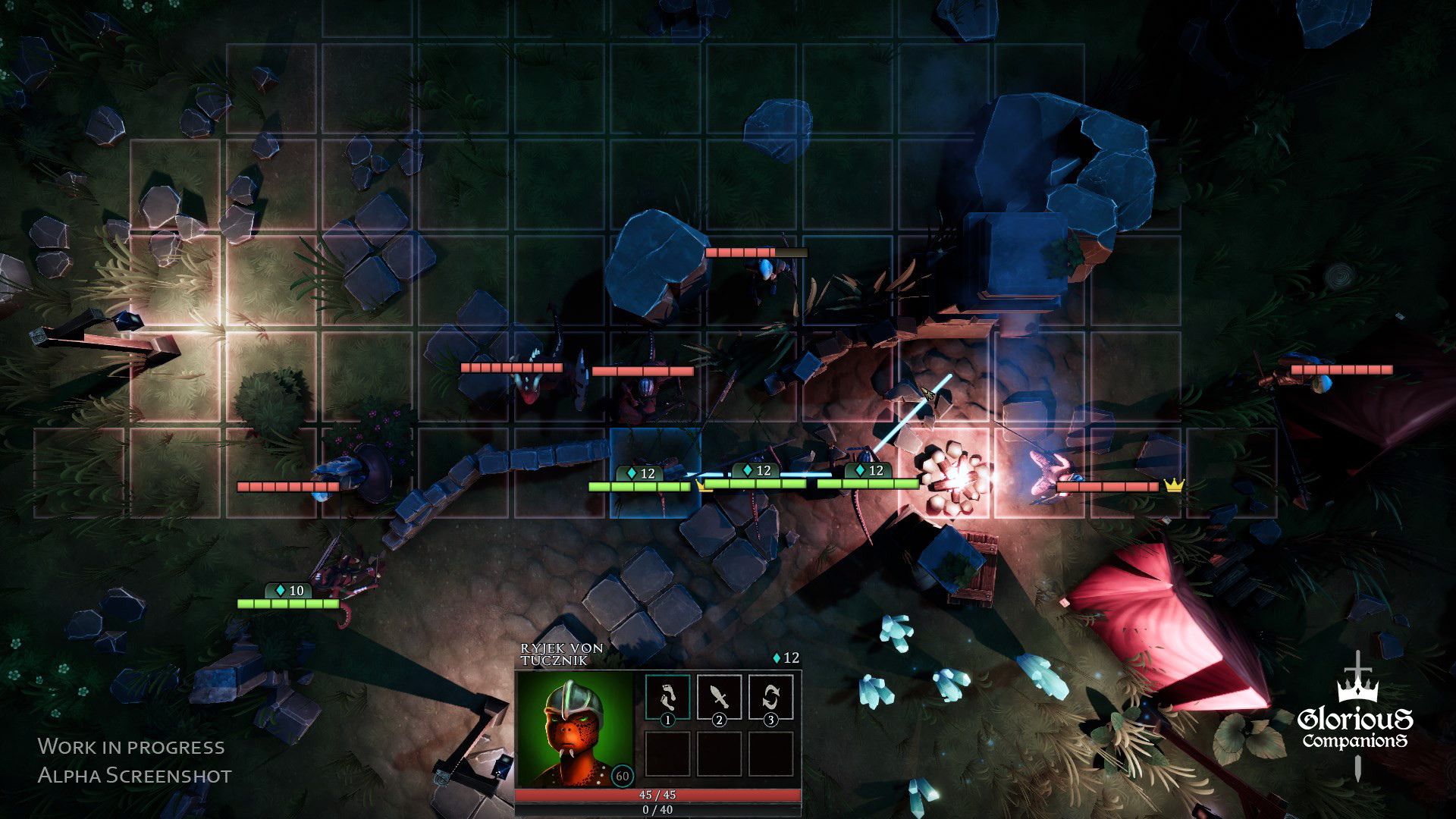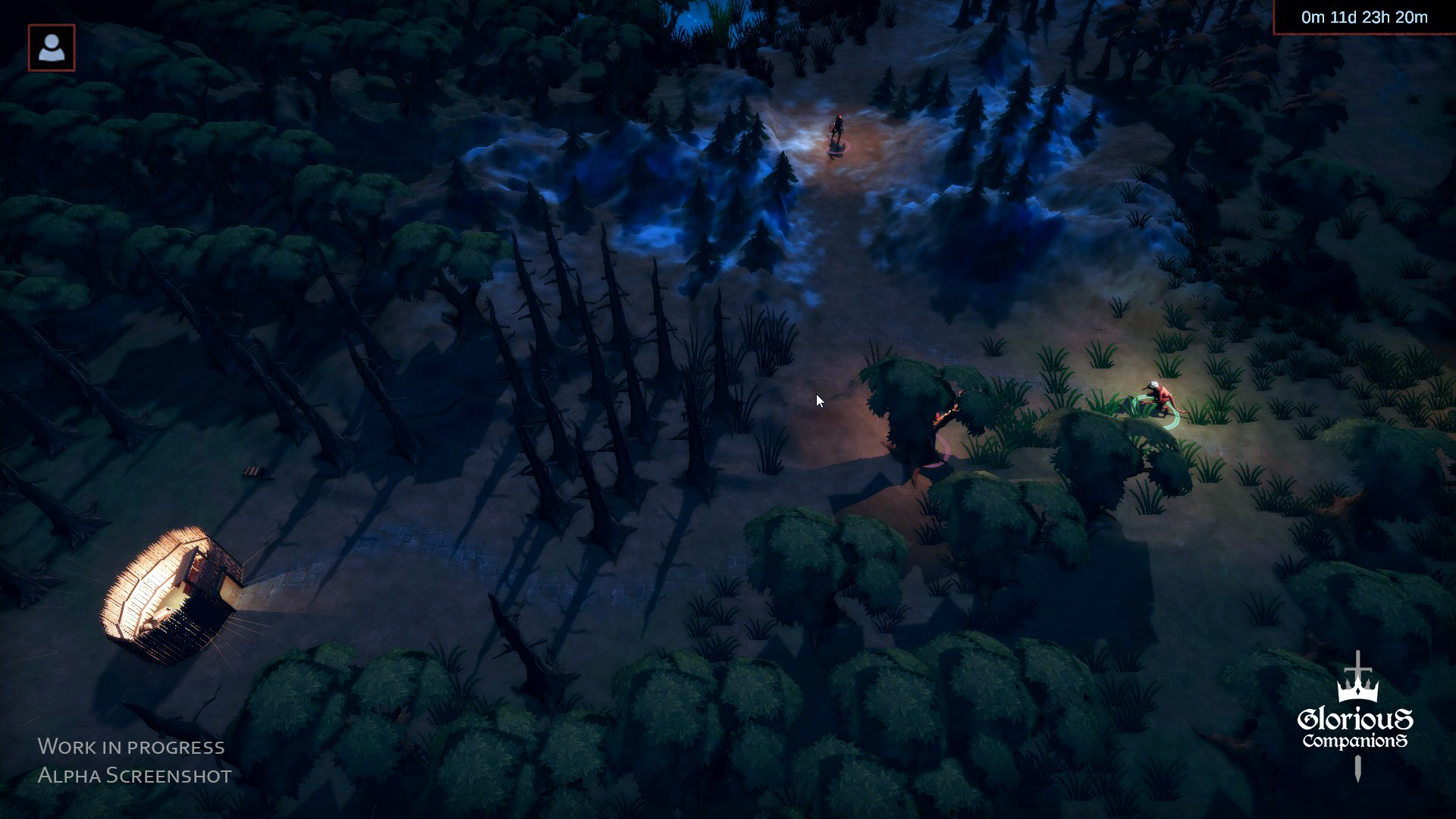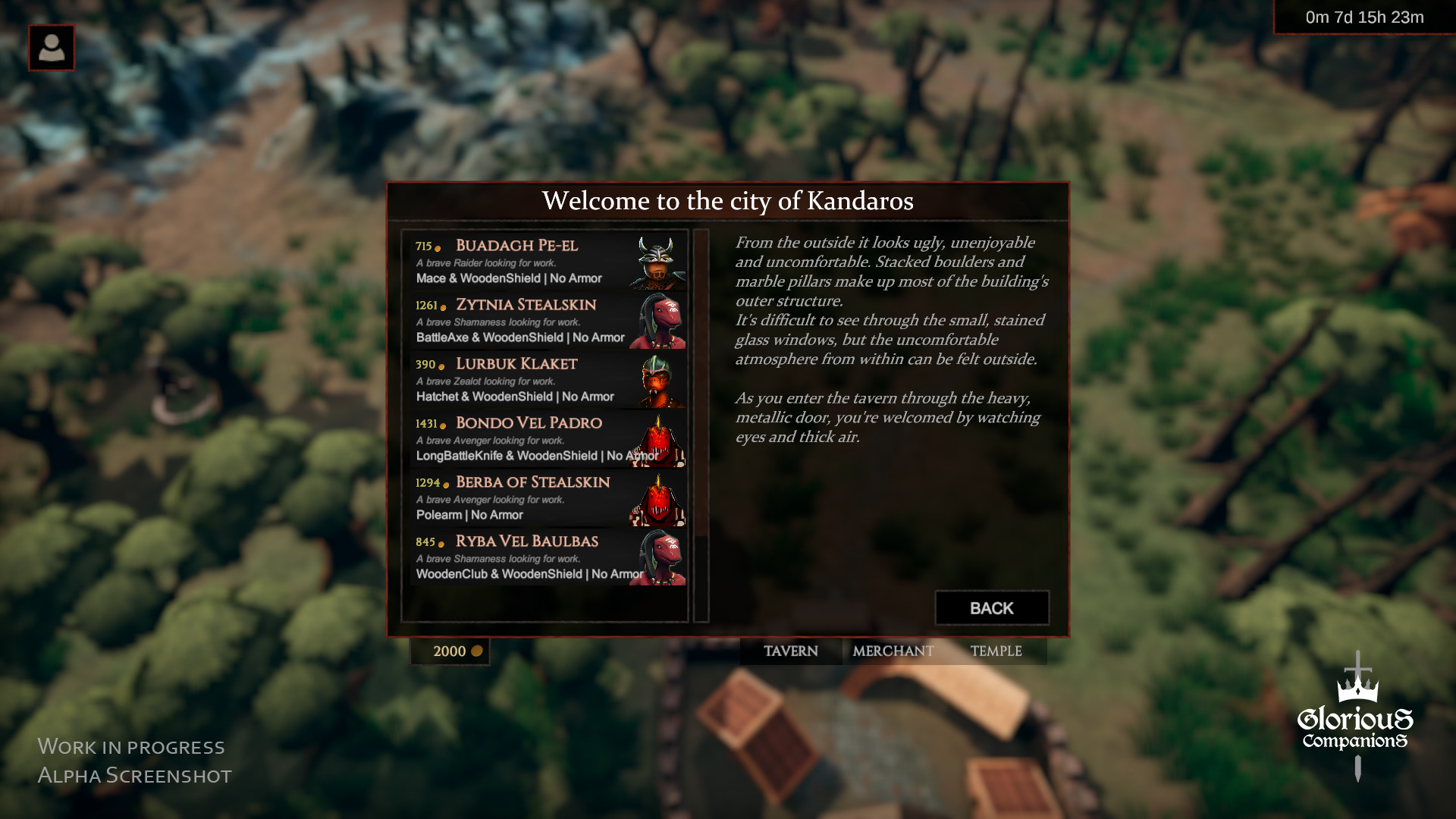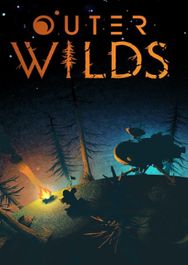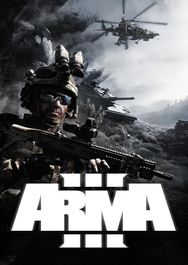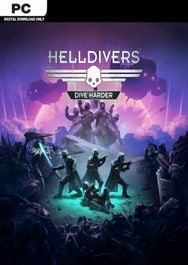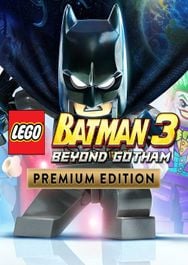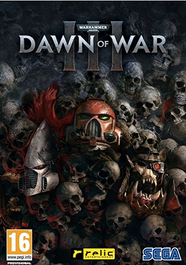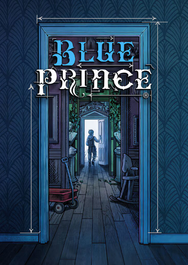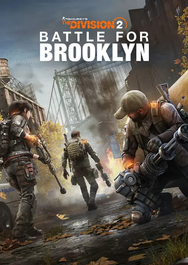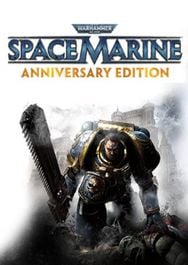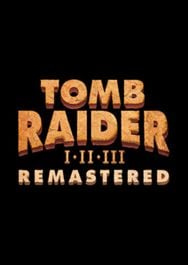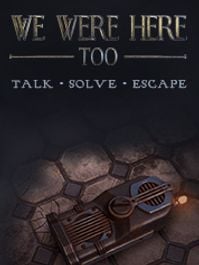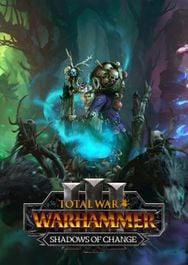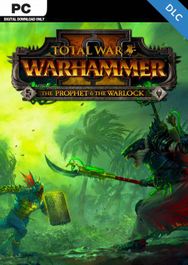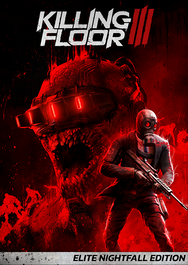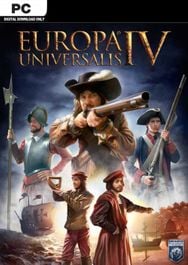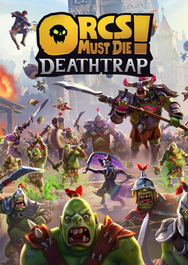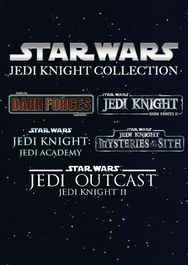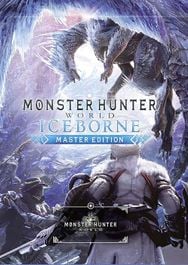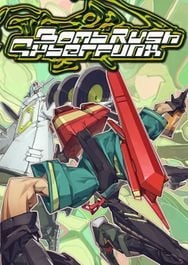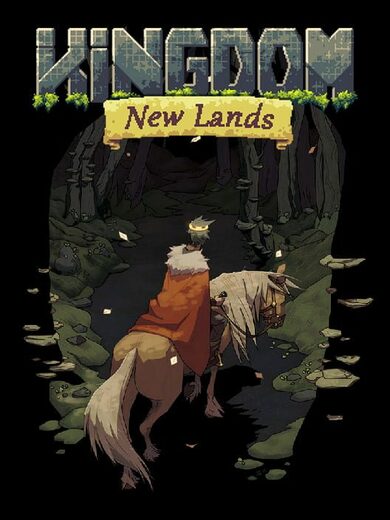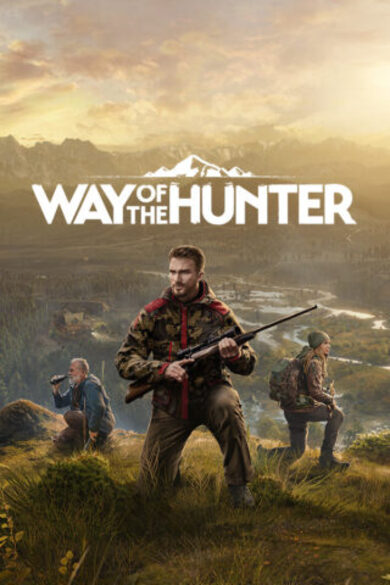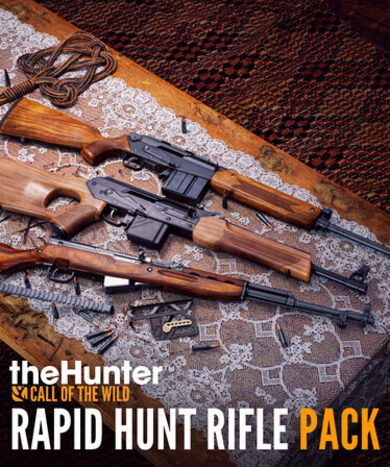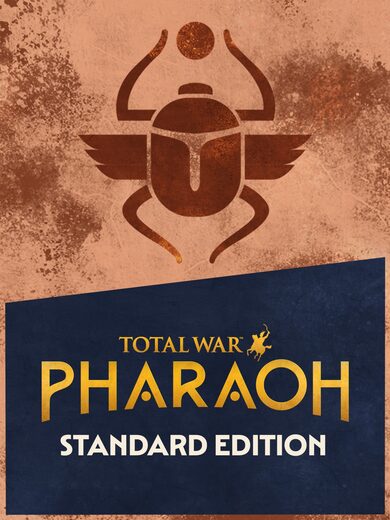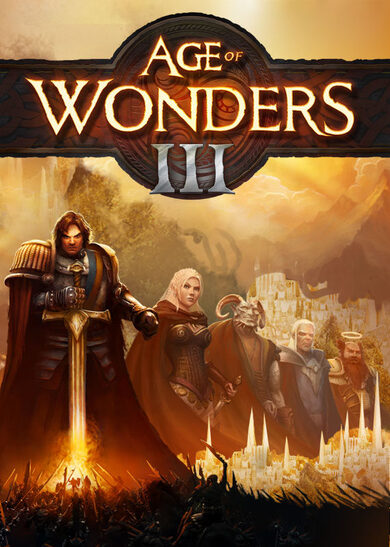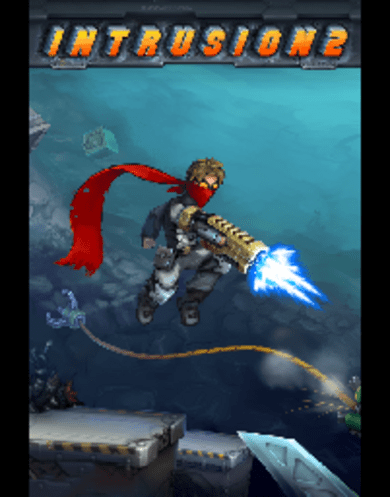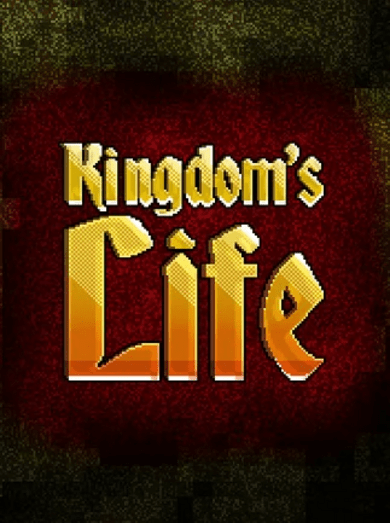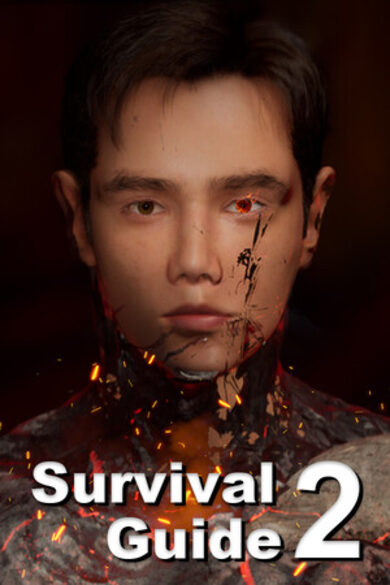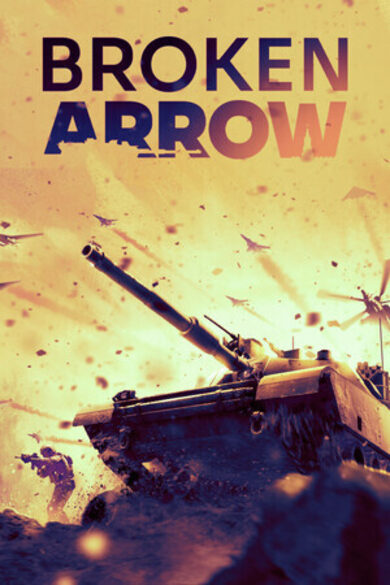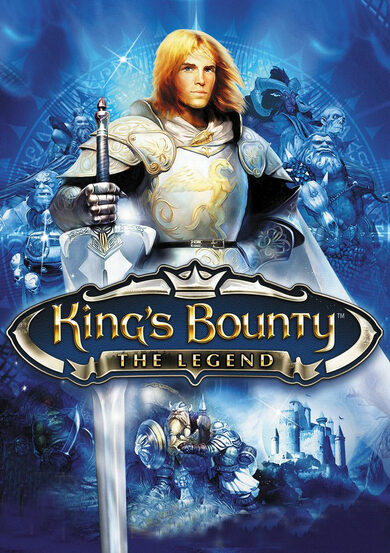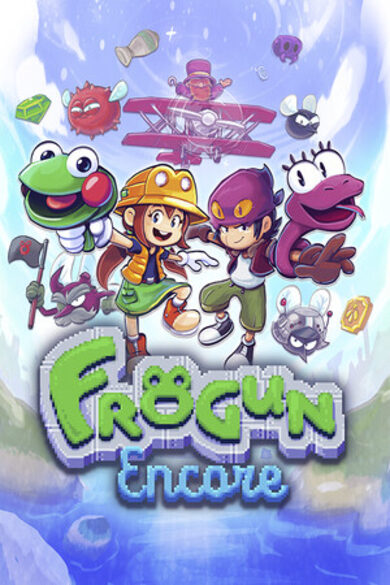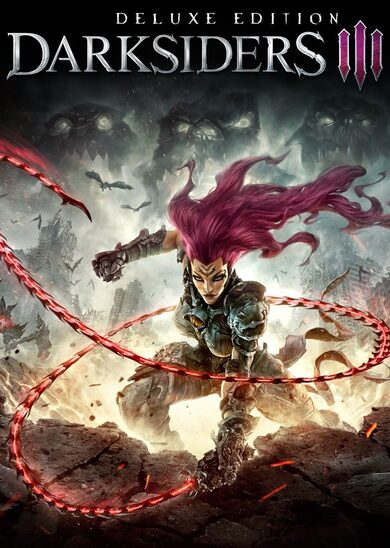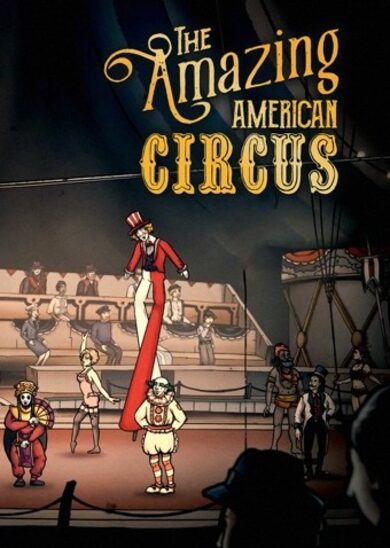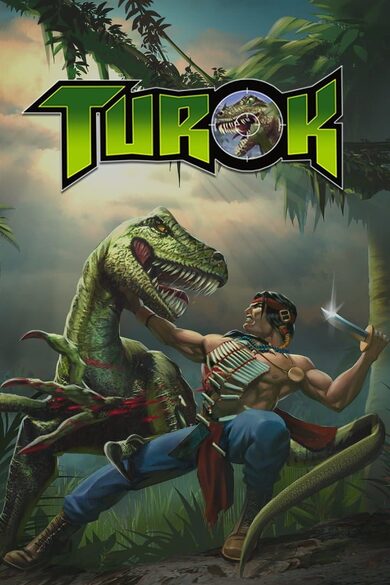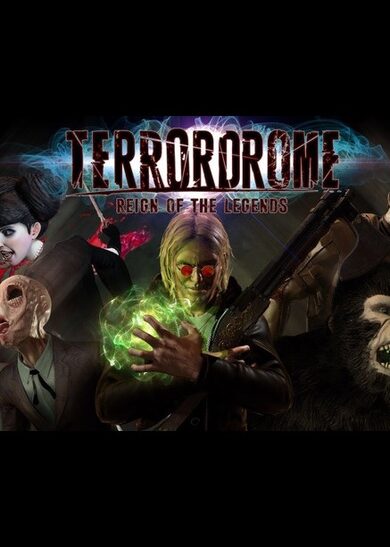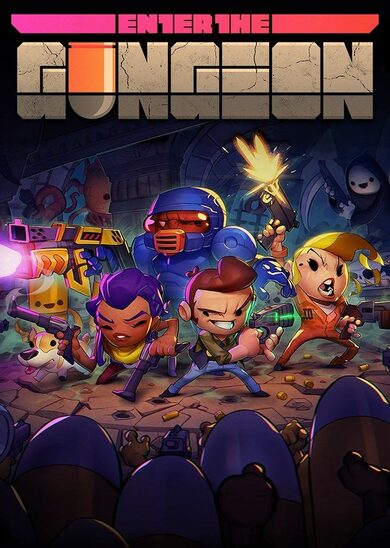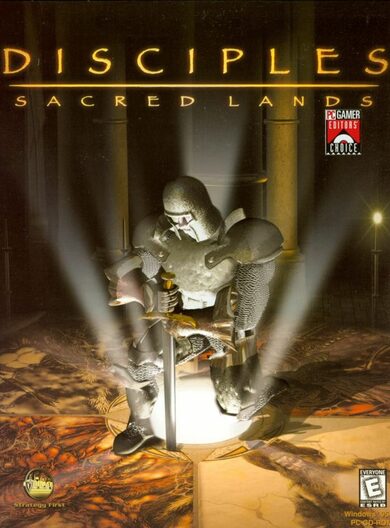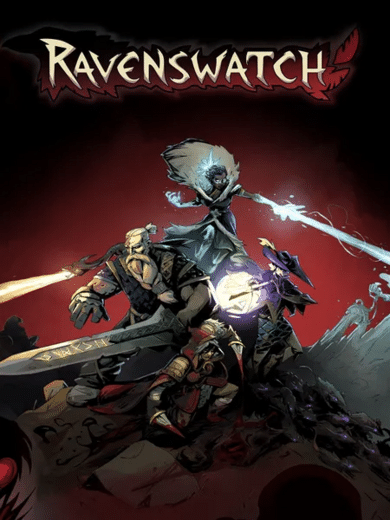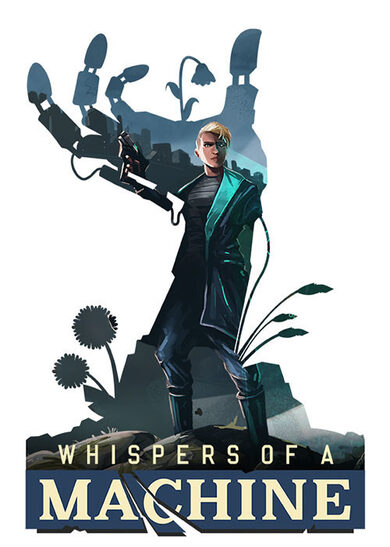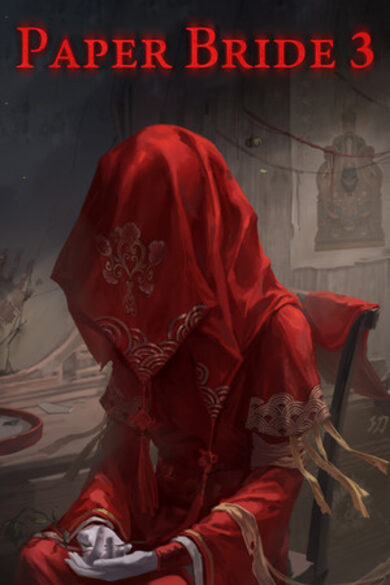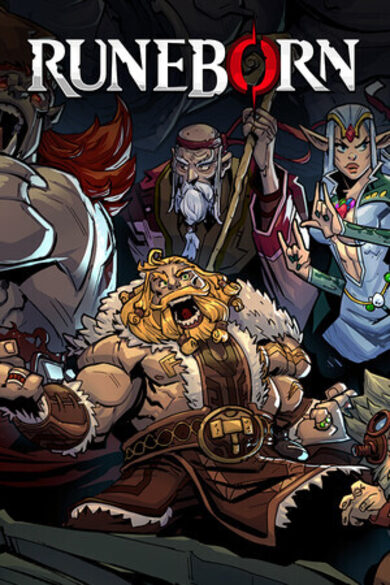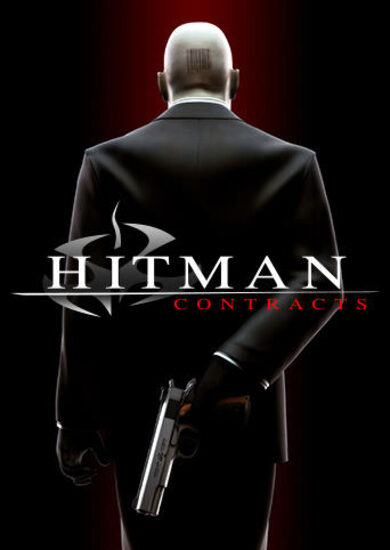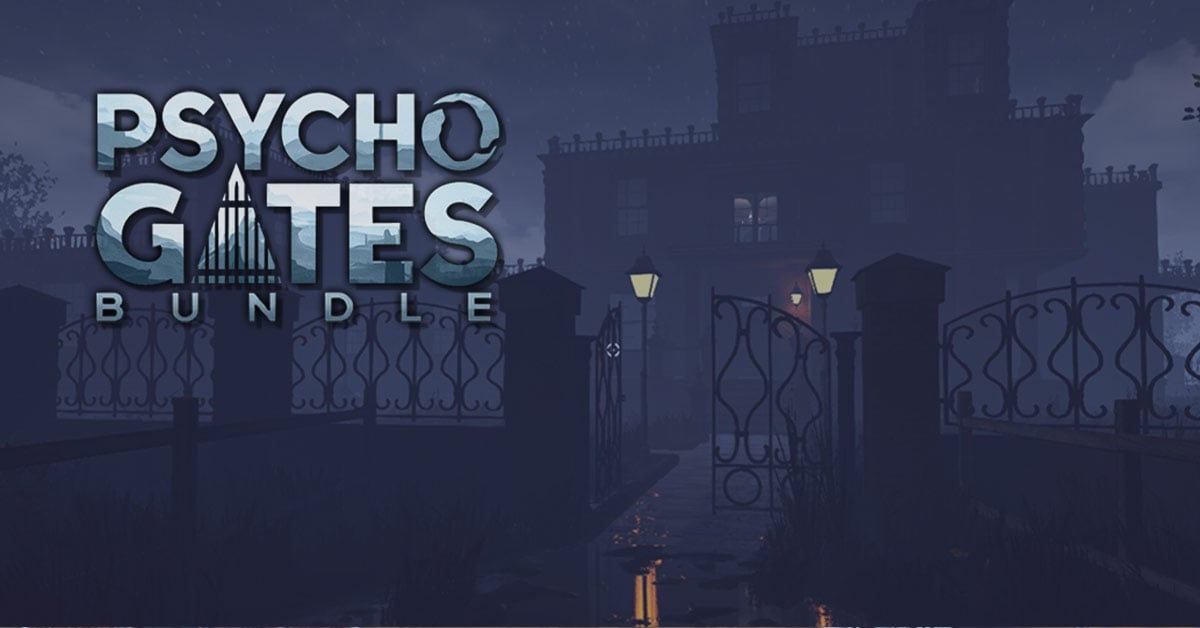
The world of Navaroth has been carefully built and maintained by us throughout the years. The whole premise began as a pen-and-paper RPG system. Even the game itself had many different forms throughout the years. In 2009 it was a small mini-game with 2D cards representing the characters. However, it has turned into so much more.

- Custom and gritty combat system: no one is invincible as a single well-aimed strike can take out a careless warrior.
- No battle is truly over until it’s over: eliminate the enemy captain to win the battle, but be careful as it works the other way around too!
- Tried and proven formula: the world of Navaroth has its roots in an original pen-and-paper RPG system featuring a science based magic system.
- Pick your side: become an ally to the vengeful Scarres or join the ranks of the wise Valrenay militia. More factions will be revealed during the development.
- Take care of your men: keep their morale high by serving them luxury food and alcohols, train them at special facilities when they gather enough experience and crucially - don’t let them bleed out after a tough battle.
- No two soldiers are ever the same: play to your units natural predispositions, train and equip them to your liking.
- New world on each playthrough: the continent and its political climate are procedurally generated at the beginning of every journey.
- Start small and expand: focus first on making a name for yourself as a lord by winning small skirmishes, or lay the foundations of a thriving merchant guild.
- More power means more responsibility: a wise leader is not merely an army commander; attend to a variety of political and economic issues as your empire grows.
- Danger from afar: try not to get too complacent, as the Ancient Guardians eventually wake up and threaten the known world.

At the very beginning there’s only you, your family’s grumpy servant and a rusty sword against the entire world. Forget about a big army of professional mercenaries, you’ll have to settle for a bunch of shoddy, club-wielding scoundrels as you work your way up and gain enough credibility and coin to hire better companions.
Remember that the journey is not a fairy tale. You will scramble for gold to keep your party fed, rested and more importantly, with their pouches full of coins - as your men will not stay with you for very long without their wages paid on time.

Your units earn experience points proportionate to their contribution on the battlefield. Send them to train in militia barracks or to master new abilities in distant shrines and they’ll come back stronger a few days later. You’ll be able to choose from a plethora of different equipment to gear them appropriately. Each item and armor piece has different qualities and there are no clear-cut best builds for every possible scenario - all the weapons are designed to be viable under favorable conditions.

Folks say that a brave commander doesn’t hide behind their troops. What they don’t tell you, though, is that they’re usually not alive for their second battle. You’ll have to be very careful to not overextend and yet not appear too scared to join the fray, as your men will take notice of that.
Depending on your starting archetype your lord commander will provide a different aura that helps nearby companions. Fighter’s Command is a buff that will help you to build a protective formation around your commander by granting nearby units a shielding/parrying bonus for each ally unit in direct contact with one another. Skirmisher’s Path on the other hand, grants a dodging and mobility boost for nearby units who are not standing next to allies. You’ll unlock more unique commander abilities as you progress in the game.

The game is a big breathing world where things happen even if you stay idle or focus on doing your own thing. Decide between rising in the ranks of the chosen faction, or risk making more enemies by founding your own kingdom; between playing dirty and taking any advantage you can, or becoming an honorable hero; between making bank and making allies.
Your end game is dependant on your play style and the actions you took. There’s no set story in the world of Navaroth. You may end up managing wood supplies between a dozen cities you own. Who knows, you might simply enjoy the life of a vigilante’s band leader and decide to stay on the run. This is your story.
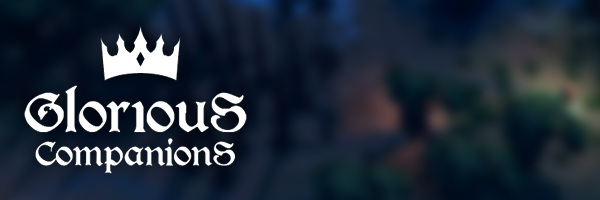
Hello there, fellow Companions!
Today we'd like to talk a bit the approach we've taken into designing and building our combat AI systems. In a combat heavy game it is paramount for the AI to behave in a realistic and seemingly smart way. Players want it to be challenging and yet play fair - by the same rules that the game world imposes on them.
In order to check all the boxes and build an easily extensible module, we've decided to explore and utilize the so-called Utility AI approach (used in games such as Hitman or Civilization). Instead of following a bunch of set defined rules the AI system takes a look at all the possible actions and scores them using a list of considerations. The decision making layer then takes all these scores and chooses an action in one of the few possible ways, i.e. by simply choosing the best one or by performing weighted randomization where each option's weight is represented by its score (in other words: if attacking a unit has a utility score of 5 and moving away has a score of 1 then attacking would be 5 times as likely to roll compared to running away).
We've quickly found out that in Glorious Companions simply looking at a single action ahead wouldn't be enough to build an immersive system. Consider the following:

In this situation if we were to analyze only the very next command, then the Scarrling on the right would almost always choose to attack the beefy Avenger that stands right next to him as opposed to moving to a different tile. There's way more immediate value to that, whereas the correct play would be to move past him and then attack the wounded captain in order to win the battle. What constitutes a reasonable play in context of the entire turn gets in fact quite complicated especially as you introduce more and more mechanics into the game.
In order to get the best response from our AI controlled enemies, we have implemented a solution which looks at all the different permutations of all the possible actions a unit can take. AI agents construct a list of command chains and then evaluate them as a set. For instance, suppose we only have two possible to execute actions: AttackAction and MoveAction and a scenario from the image above, the AI would build a list of the following chains:
- { AttackAction(target: tile [x-1, y-1]) },
- { MoveAction(target: tile [x-1, y]) },
- ..
- { MoveAction(target: tile [x-1, y]), AttackAction(target: tile [x-1, y-1]) },
- { MoveAction(target: tile [x-2, y]), AttackAction(target: tile [x-1, y-1]) },
- { MoveAction(target: tile [x-2, y]), AttackAction(target: tile [x-3, y]) },
Once we sum up all the chains then it is quite obvious that its the last set that makes the most sense (walk up to the captain and attack him). If during the execution of a previously selected chain something happens that makes the execution unable to continue (lets a say a unit has died that we were supposed to keep on bashing) then the AI will reevaluate its plan.

Well, thats quite a lot of information to process right there, hope youre still with us. The thing were talking about today is merely the unit layer of the system were working on. The layer on top of that, called the tactics layer, works on influencing each units goals (should we focus the captain? build a formation around a key wounded unit?) which makes sure the entire army is able to swiftly adapt to the situation on the battlefield.
Minimum Setup
- OS: Ubuntu 12.04+
- Processor: i5-4690+Memory: 2 GB RAM
- Memory: 2 GB RAM
- Graphics: GTX 660+
- Storage: 2 GB available space
[ 6395 ]
[ 5907 ]
[ 2907 ]
[ 2497 ]
[ 1732 ]
[ 1040 ]
[ 32822 ]
[ 867 ]
[ 45541 ]

